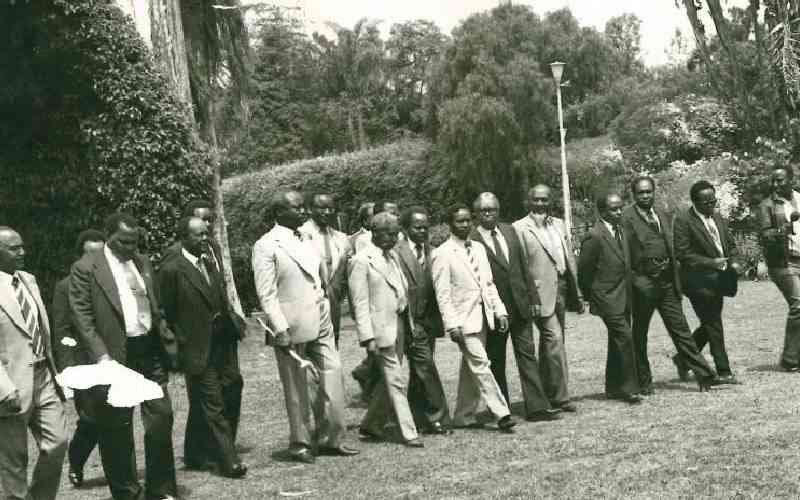×
The Standard e-Paper
Home To Bold Columnists

Despite the beautiful sunshine, it was frighteningly cold. My legs shook violently. I was in a pool of sweat. I struggled to breath as the policeman squeezed the barrel of his gun further into my mouth.
I closed my eyes waiting for him to pull the trigger. Even as I mentally recited my prayers, I quietly cursed the wretched smell of stale cigarette and cheap alcohol spewing from his mouth.